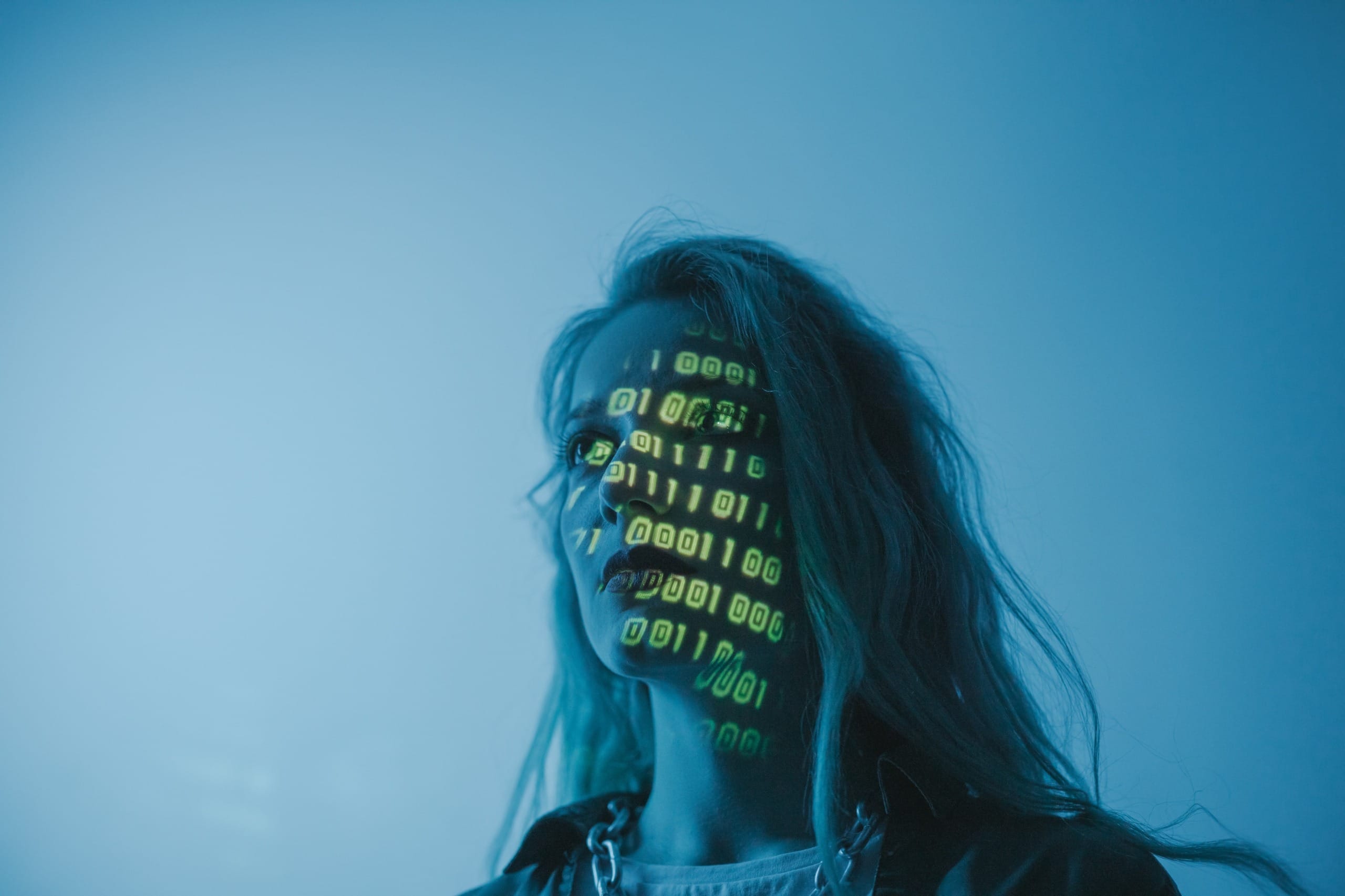- The Brainyacts
- Posts
- 084 | 🚫🤝Digital Divide
084 | 🚫🤝Digital Divide
Brainyacts #84

In today’s Brainyacts we:
discover the next startup unicorn focus
challenge if generative AI will widen the digital divide
stop the “back to office” push
realize ChatGPT is a better tutor
consider who is responsible when AI impacts human rights
👋 A special Welcome! to NEW SUBSCRIBERS.
To reach previous posts, go here.
😞🤖😍 This is likely correct.
the next zuckerberg is up all night, coding up an AI girlfriend/boyfriend.
Steve Jobs fixed boredom (phone)
Zuck fixed people watching (FB/IG)
Speigel fixed flirting (Snap)The next one will fix loneliness.
people will mock it, use it, then be addicted to it.
— Shaan Puri (@ShaanVP)
11:56 PM • May 25, 2023
Loneliness is a serious and widespread problem in the United States. According to various sources, about 36% of all Americans—including 61% of young adults and 51% of mothers with young children—feel “serious loneliness.” Loneliness can increase the risk of premature death, heart disease, stroke, dementia, depression, anxiety, substance abuse, and domestic abuse. Loneliness also affects people’s productivity, creativity, and happiness.
Loneliness is a common and serious problem in the legal profession. According to various sources, lawyers are consistently ranked among the loneliest professionals. Lawyers face high levels of stress, overwork, and pressure, which can make them feel isolated and disconnected from others. Lawyers also have to deal with complex and emotionally challenging issues, which can affect their mental health and well-being. Loneliness can increase the risk of suicidal thoughts, depression, anxiety, substance abuse, and other health problems among lawyers.
The pandemic has only worsened the situation for many lawyers, who have had to adapt to remote work, reduced social interaction, and increased uncertainty and demands. Some lawyers may also feel reluctant to seek help or support due to stigma, fear of losing their reputation or license, or lack of awareness of available resources.
Creating a new company or tool that addresses loneliness could be a valuable and impactful endeavor.

🚫🤝Is this going to only widen and accelerate the digital divide?
Figures from the Pew Research Center published this month – based on a survey conducted in March – found that although around 6 in 10 adults are familiar with ChatGPT in the US, just 14% have tried out the chatbot themselves.
Also, only 18% of U.S. adults have heard “a lot” about ChatGPT.
The digital divide refers to the inequality in access to, use of, or impact of information and communication technologies in society. A key factor driving this divide is access to emerging technologies, such as generative AI. As artificial intelligence (AI) continues to advance, its implications on the digital divide have become increasingly apparent and concerning.
From an economic perspective, the digital divide matters significantly. Access to AI and other digital technologies can provide individuals with the tools and skills needed to participate fully in the modern economy.
As these technologies are increasingly integrated into various sectors, individuals with limited access could find themselves at a disadvantage, unable to benefit from the advancements these technologies bring about, including new job opportunities, improved productivity, and enhanced learning experiences.


Stop the presses: Work from home is back on!
With Google’s latest video conferencing tech, the ZOOM hangover might truly be a distant memory.
Google’s Project Starline simply aims to take video conferencing to an entirely new level. It does this in a way no other brand has, by bringing real-time 3D effects to the subject in the display. By doing this, the viewer will be able to feel as though the person they are talking with is sitting right in front of them.
ChatGPT is better than a human tutor
According to a recent survey by Intelligent.com, a prominent higher-education planning platform, students and parents increasingly favor studying with ChatGPT over human tutors.
From copyright to human rights: who is liable?
In the Memetime:
Was this newsletter useful? Help me to improve!With your feedback, I can improve the letter. Click on a link to vote: |
DISCLAIMER: None of this is legal advice. This newsletter is strictly educational and is not legal advice or a solicitation to buy or sell any assets or to make any legal decisions. Please /be careful and do your own research.8

